
Amy Ellis Nutt. Frances E. Jensen – The Teenage Brain: A Neuroscientist’s Survival Guide to Raising Adolescents and Young Adults
Review
“At moments of extreme exasperation, parents may think that there’s something wrong with their teenagers’ brains. Which, according to recent books on adolescence, there is…. [Jensen] offers a parenting guide laced with the latest MRI studies…. Packed with charts and statistics.” (Elizabeth Kolbert, The New Yorker)
“It’s charming to see good science translate directly into good parenting.” (New York Times Book Review)
“Frances Jensen, a neuroscientist and single mother of two boys. . . delved into the emerging science of the adolescent brain [and] came out with provocative new insights for parents, educators, public policymakers and teens themselves.” (Washington Post)
“Why’s your child so self-absorbed? Give him time, writes neurologist Jensen: Empathy comes with age.” (Good Housekeeping)
“Meticulously documented and reported, the studies offer proof that it’s not just parents who think their teenagers don’t quite have it all together.” (Kirkus Reviews)
“A captivating chapter, ‘The Digital Invasion of the Teenage Brain,’ calls attention to computer craving and adolescent addiction to the Internet.… [A] sensible, scientific, and stimulating book.” (Booklist)
“Recommended for readers who enjoyed Laurence Steinberg’s Age of Opportunity.” (Library Journal (starred review))
“A valuable resource for parents, youth workers, educators, and anyone involved with teens in any way. The book is engaging, understandable, and extremely informative.” (New York Journal of Books)
“Marvelous…. Dr. Jensen uses her considerable expertise as a neuroscientist and a mother to explain the recent explosion of adolescent brain research and how this research can help us better understand and help young people.” (Carol A. Ford, M.D. President, Society for Adolescent Health and Medicine; Professor of Pediatrics, University of Pennsylvania; and Chief, Division of Adolescent Medicine at the Children’s Hospital of Philadelphia.)
“Frances Jensen has brilliantly translated academic science and clinical studies…. A ‘must read’ for parents, teachers, school nurses, and many others who live with or interact with teens.” (S. Jean Emans, MD. Chief, Division of Adolescent/Young Adult Medicine, Boston Children’s Hospital; Professor of Pediatrics, Harvard Medical School)
From the Back Cover
For many years, scientists believed that the adolescent brain was essentially an adult one. Over the last decade, however, neurology and neuroscience have revealed that the teen years encompass vitally important stages of brain development.
Interweaving clear summary and analysis of research data with anecdotes drawn from her years as a clinician, researcher, and public speaker, renowned neurologist Frances E. Jensen, MD, explores adolescent brain functioning and development in the context of learning and multitasking, stress and memory, sleep, addiction, and decision making.
The Teenage Brain explains how these eye-opening findings not only dispel commonly held myths about teens but also yield practical suggestions for adults and teenagers negotiating the mysterious and magical world of adolescent biology.
“It’s charming to see good science translate directly into good parenting.”—New York Times Book Review
“This well-written, accessible work…offers support and a way for parents to understand and relate to their own soon-to-be-adult offspring.”—Publishers Weekly
What is Hypnosis & NLP ?
Neuro-linguistic programming (NLP) is a pseudoscientific approach to communication, personal development, and psychotherapy created by Richard Bandler and John Grinder in California, United States, in the 1970s. NLP’s creators claim there is a connection between neurological processes (neuro-), language (linguistic) and behavioral patterns learned through experience (programming), and that these can be changed to achieve specific goals in life. Bandler and Grinder also claim that NLP methodology can “model” the skills of exceptional people, allowing anyone to acquire those skills. They claim as well that, often in a single session, NLP can treat problems such as phobias, depression, tic disorders, psychosomatic illnesses, near-sightedness, allergy, the common cold, and learning disorders. NLP has been adopted by some hypnotherapists and also by companies that run seminars marketed as leadership training to businesses and government agencies.
There is no scientific evidence supporting the claims made by NLP advocates, and it has been discredited as a pseudoscience. Scientific reviews state that NLP is based on outdated metaphors of how the brain works that are inconsistent with current neurological theory and contain numerous factual errors. Reviews also found that all[dubious – discuss] of the supportive research on NLP contained significant methodological flaws and that there were three times as many studies of a much higher quality that failed to reproduce the “extraordinary claims” made by Bandler, Grinder, and other NLP practitioners.
Amy Ellis Nutt. Frances E. Jensen – The Teenage Brain: A Neuroscientist’s Survival Guide to Raising Adolescents and Young Adults
Readmore About : Amy Ellis Nutt. Frances E. Jensen





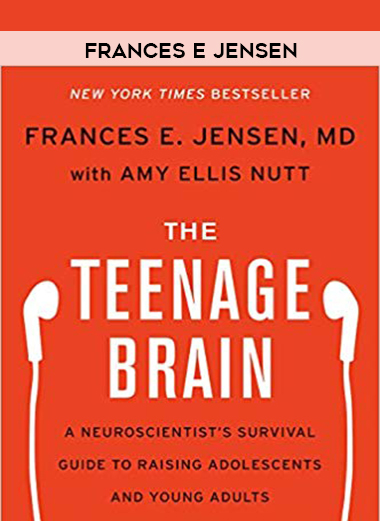
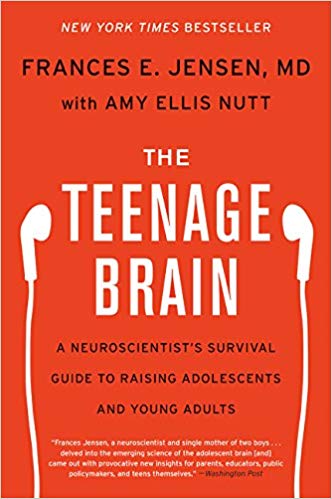

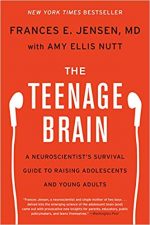





![Actioncoach.Kajab - Brad Sugars Profit Masters [Billionaire in Training] download](https://ivseed.info/wp-content/uploads/2022/03/zz.jpg)

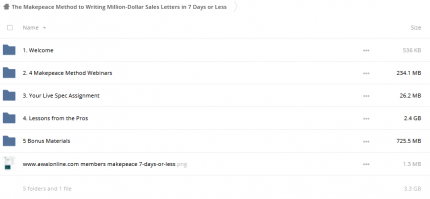
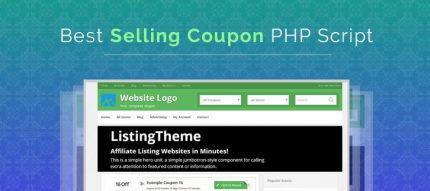
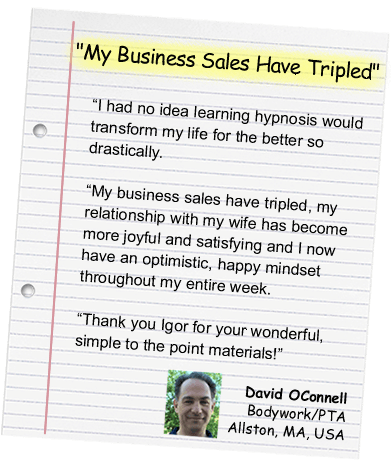
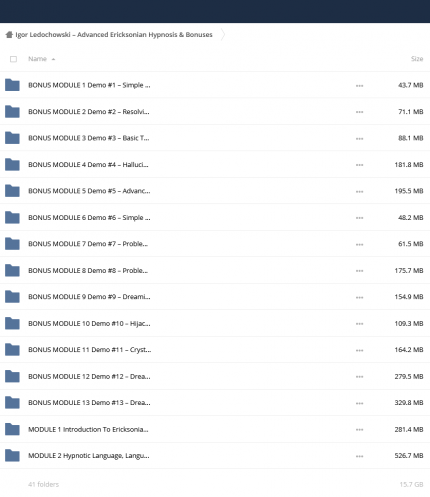

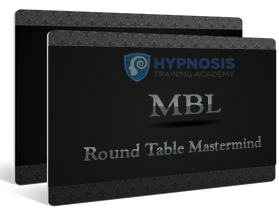


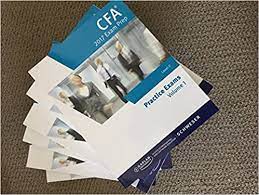

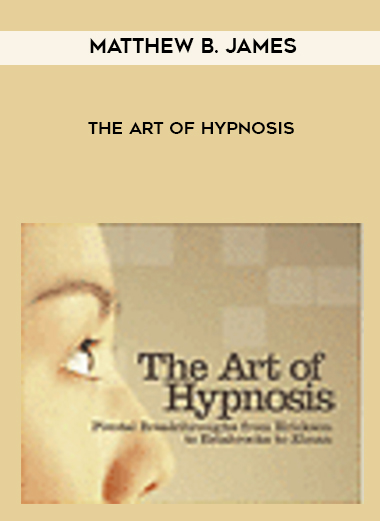
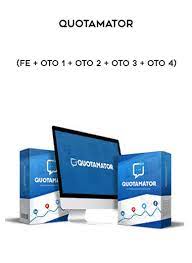
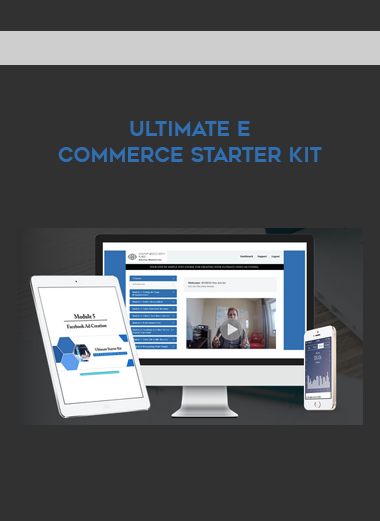










Reviews
There are no reviews yet.